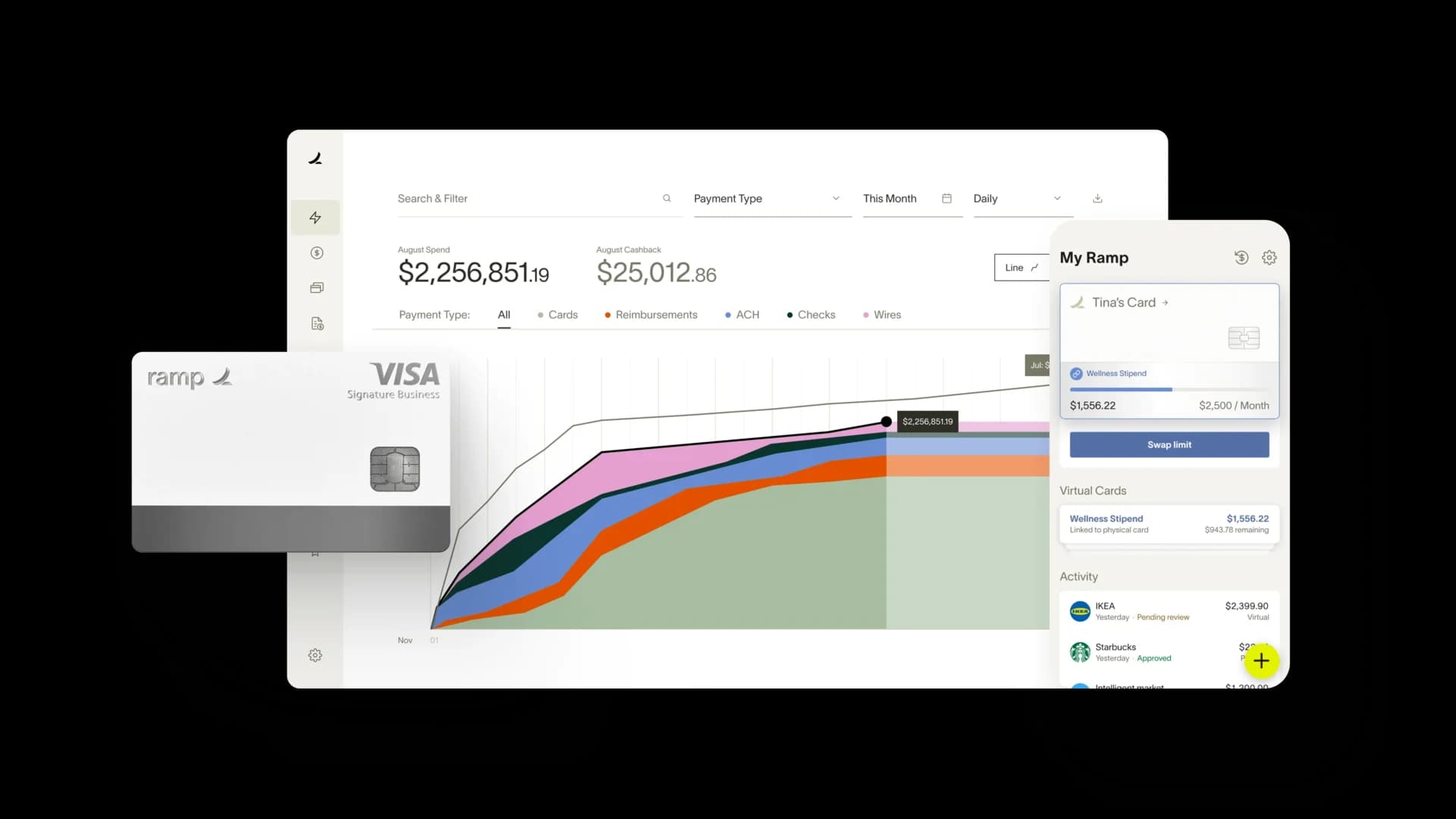New York mileage reimbursement rates & calculator


Private employers in New York are not generally required to reimburse employees for mileage. That said, mileage reimbursement rules do apply to state employees, who must follow standards set by the New York State Comptroller and Section 652 of the New York Labor Law.
Regardless of employer type, the New York State Minimum Wage Act still applies. Establishing fair mileage reimbursement practices can help you:
- Stay aligned with the Living Wage Law and Wage Theft Protection Act
- Reduce compliance risk if work-related travel expenses bring employee pay below the minimum wage
Fair mileage reimbursement can also strengthen your reputation as a fair employer and help retain a committed team.
New York business mileage reimbursement rates
In 2026, the business mileage reimbursement rate in New York is $0.725 per mile, which is the IRS standard rate.
Here's a tabulated snapshot of the IRS's current mileage reimbursement rates alongside a year-over-year increase analysis.
| Tax Year | Business rate | Charitable rate | Medical/ moving rate |
|---|---|---|---|
| 2026 | $0.725 | $0.14 | $0.205 |
| 2025 | $0.70 | $0.14 | $0.21 |
| 2024 | $0.67 | $0.14 | $0.21 |
| 2023 | $0.655 | $0.14 | $0.22 |
| 2022 (Jul 1 to Dec 31) | $0.625 | $0.14 | $0.22 |
| 2022 (Jan 1 to Jun 30) | $0.585 | $0.14 | $0.18 |
| 2021 | $0.56 | $0.14 | $0.16 |
| 2020 | $0.575 | $0.14 | $0.17 |
Note[1]: you have the discretion to reimburse at different rates. However, amounts exceeding the IRS rate of $0.725 per mile are taxable income in New York.
New York mileage reimbursement calculator
Using the New York mileage reimbursement calculator is straightforward.
- Choose the tax year for which you want to calculate.
- Input the miles driven to determine how much money can be received in return.
New York mileage reimbursement laws
According to the New York State Comptroller's standards, state employees are reimbursed for travel expenses at rates that align with the IRS's yearly announced rates.
As a private employer, this isn't a legal obligation for you, but you must comply with the Minimum Wage Act in New York, ensuring your employees' wages never fall below the state minimum.
Understanding these key New York mileage reimbursement laws, codes, and guidelines – explained below – will help you craft a policy that keeps your business compliant.
Chapter XIII.4.C in New York state comptroller's for state employees’ mileage reimbursement
State employees in New York receive mileage reimbursement for travel incurred during official duties, aligned with IRS and U.S General Services Administration (GSA) guidelines.
To streamline the reimbursement process and maintain tax compliance, implement two distinct expense lines.
- Use the standard mileage expense line to reimburse at the IRS-approved non-taxable rate of $0.725 per mile.
- Use the supplemental mileage expense line to address any additional mileage exceeding the standard IRS rate which is taxable.
New York minimum wage act for mileage reimbursement
Under Section 652 of the New York Labor Law, there's no explicit mandate for you as a private employer to reimburse mileage. Nevertheless, total compensation, including mileage, must not fall below the hourly minimum wage of $17.00 in most New York regions.
Simplify your mileage tracking and reimbursement with Ramp
New York aligns its state employee mileage reimbursement rates with IRS standards but does not bind you as a private employer to these figures. However, adherence to IRS rates can ensure compliance with state minimum wage laws, safeguarding against under-compensation claims and potential legal issues.
Compliance with the New York mileage reimbursement laws and guidelines also helps with employee retention by ensuring fair compensation for work-related travel.
Want to streamline and simplify your business's mileage reimbursement process? With Ramp, you can automate the entire process, ensuring accuracy and compliance with state laws.
Our expense management software simplifies record-keeping, automatically calculates reimbursements at the correct rates, and provides clear, auditable trails. With Ramp, you can save time and eliminate mileage logging errors.
See how Ramp automates expense and mileage tracking for 50,000 businesses











Related posts
[1] 'Header section: Overview & Policies': https://www.osc.ny.gov/state-agencies/gfo/chapter-xiii/xiii4c-travel-mileage-rates

